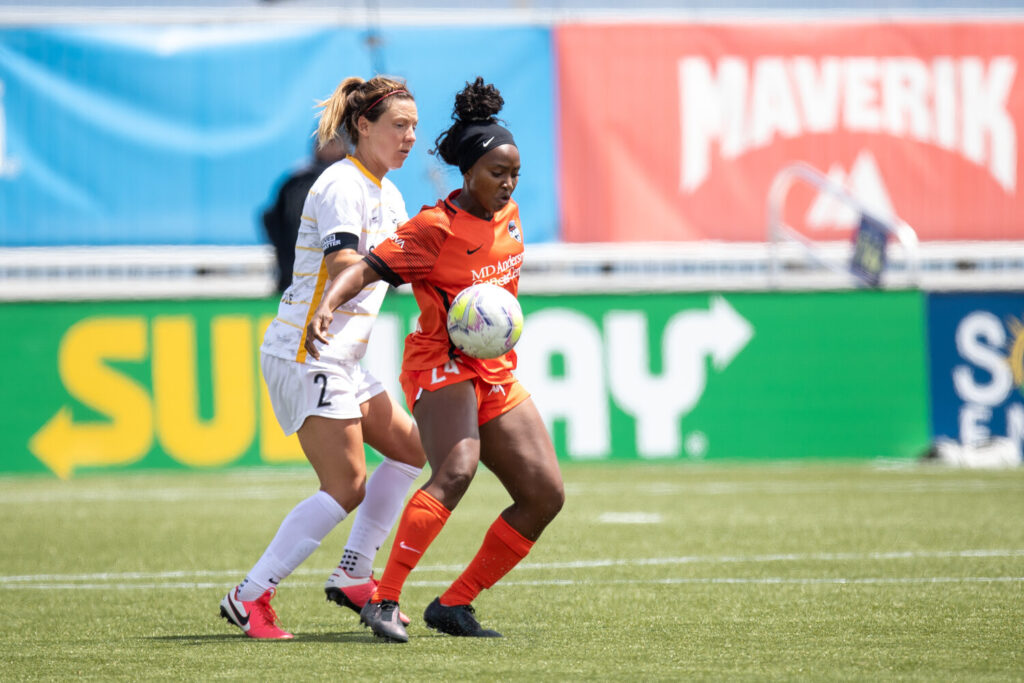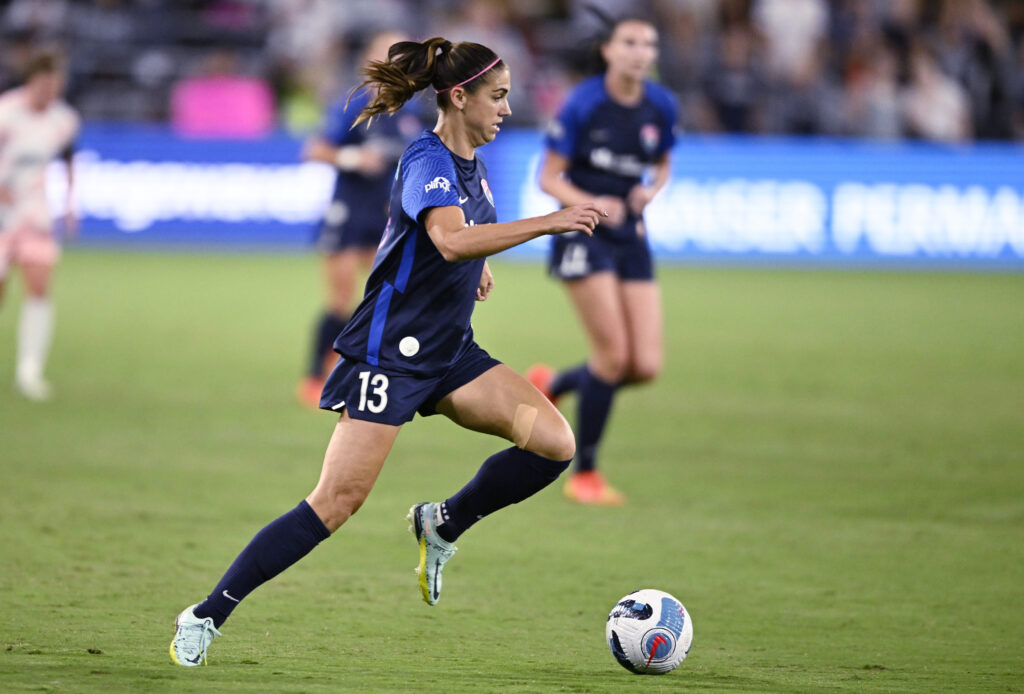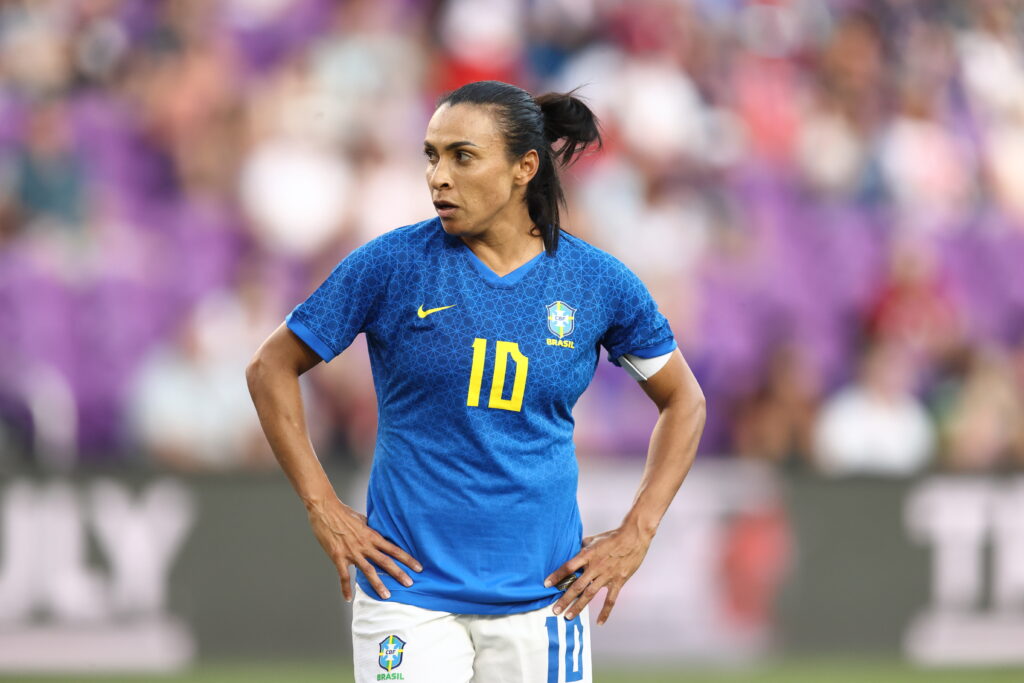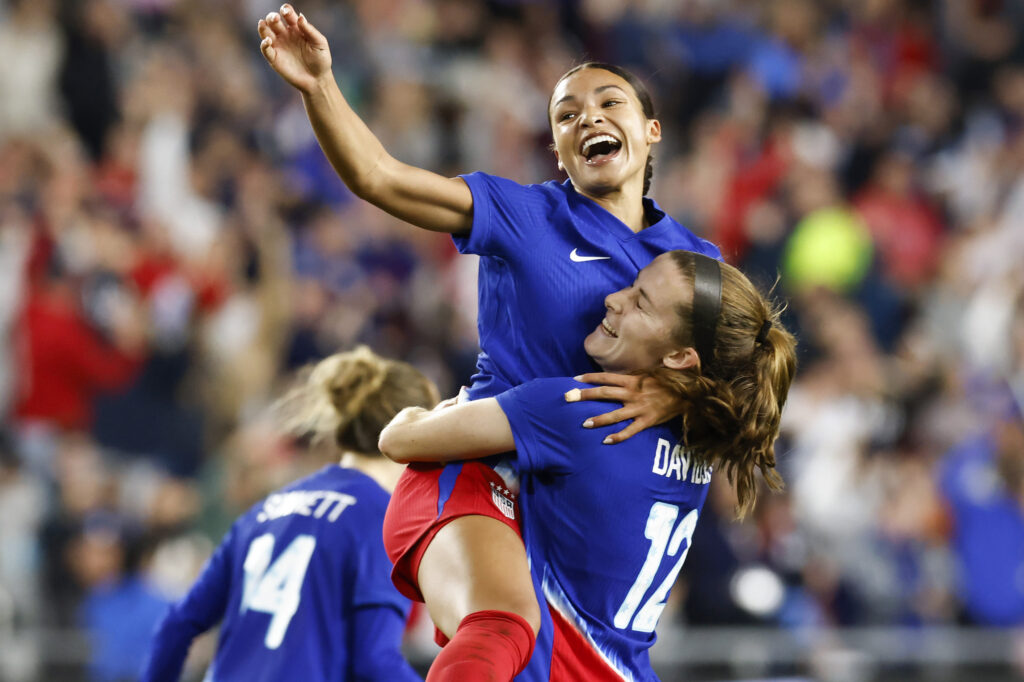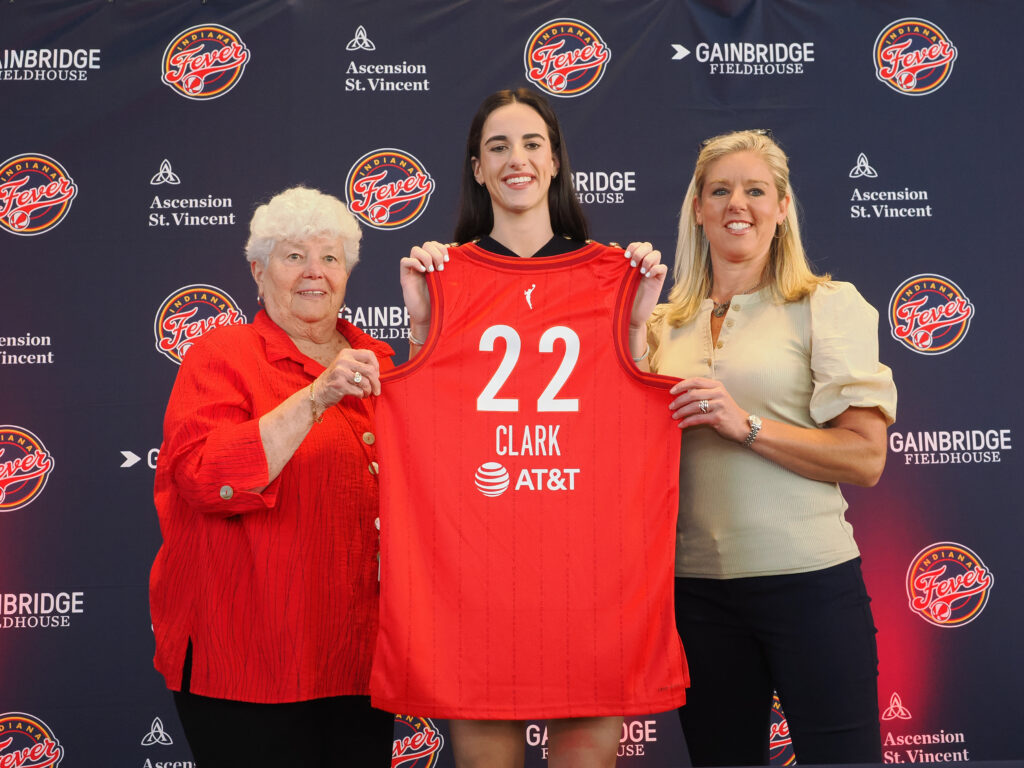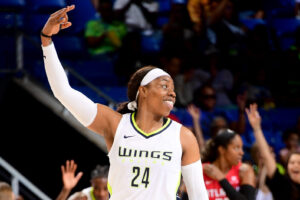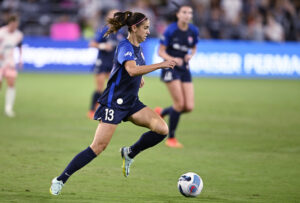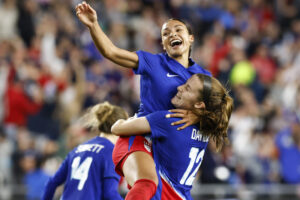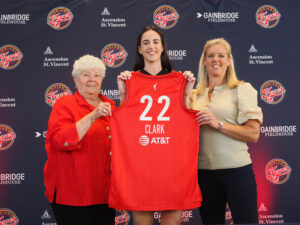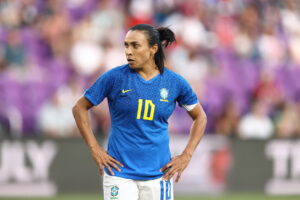Jamia Fields is a forward for the Houston Dash of the NWSL.
In the wake of the Jacob Blake shooting, we have seen a lot of athletes using their platforms to demand change. The Black players of the NWSL also released a powerful statement in response. Can you talk to me about what being a part of that statement means and your perspective?
I think it shows that we’re moving in the right direction. It’s terrible that all these things had to happen, or continue to happen, to come together as Black players in the league to make a statement. But I understand that we’re making a movement together, for the Black athletes in the league and the Black community as a whole.
What was the league’s response to your statements?
I’ve seen a couple statements, but overall the league has been supportive with our statement. They don’t really have a choice because we put it out there. As a Black players union, our goal really is to just come together and have a voice. Hopefully, people support it. If they don’t, we can all keep continuing to learn, but the league has been responding well and we’re appreciative of that. They’re trying to push for change.
After the statements made by Hansen, what is the hope for the future of NWSL ownership and how do you think the league can continue to progress?
Well, yes, the statements — they were terrible. Those things can’t be said. They show zero support. Black players, in this league, and across multiple leagues from the WNBA at the forefront and the MLS… we deserve better. We deserve to be seen. We deserve to fight against the injustices that are happening. And that’s what we’re trying to do.
Does your team or the NWSL have any plans for social justice messaging during the Fall Series at all?
Well, we do have plans. We are trying to lead a few initiatives, and we are trying to really piggyback off of what the WNBA has done. Obviously we have to stand on our own, as our league and ourselves, but we see how the WNBA has progressed and handled fighting for change. We definitely, as a league, as a whole — we need to be role models.
What have you learned about the role that athletes have to play in national conversations around race and social justice?
Well, this world kind of revolves around sports in a way. I’ve just been very proud and thankful for how many men and women athletes have been taking a stand and using their platforms to just really catch the eyes of America, and be like, “Hey, I know we’re good at our craft, but these topics are more important. These topics deserve the attention ahead of our games.” Right? So I’m just really proud of the female and male athletes that have really pushed for this.
Is there anything that you have personally been using this time to reflect on?
I just think that I can figure out more ways I can help fight for change. I think all of us wish we just had the one answer that would correct everything. I have been doing a lot of reflecting on how I can continue to use my platform, use my voice, to push for change. Both in the league and in my community.
What have the conversations been like between teammates while all of this is going on?
A lot of conversations are happening. We all have different perspectives, we’re all raised differently, we’re of different races. But I think these conversations are important due to the fact that we have been raised differently and we are different. We should come together and see each other’s perspectives. There were a lot of conversations at the tournament, and now, here in Houston, we have been collaborating with the MLS a little bit, trying to figure out how our organizations can make a bigger impact on the Black and Brown community in Houston.
Was there anything else that you wanted to mention that I didn’t bring up?
In sports, our voices are so powerful. And so in these leagues, in these seasons, I keep highlighting the WNBA, and that needs to be pushed in our league because we’re not a minority Black league. The NWSL is predominantly white. We need to try harder with using our voices and our platform, know when our games are aired on TV we can use that platform to be able to show like “Hey, these are injustices that are happening, and we need justice to happen.” I’d just like to really highlight that point.
